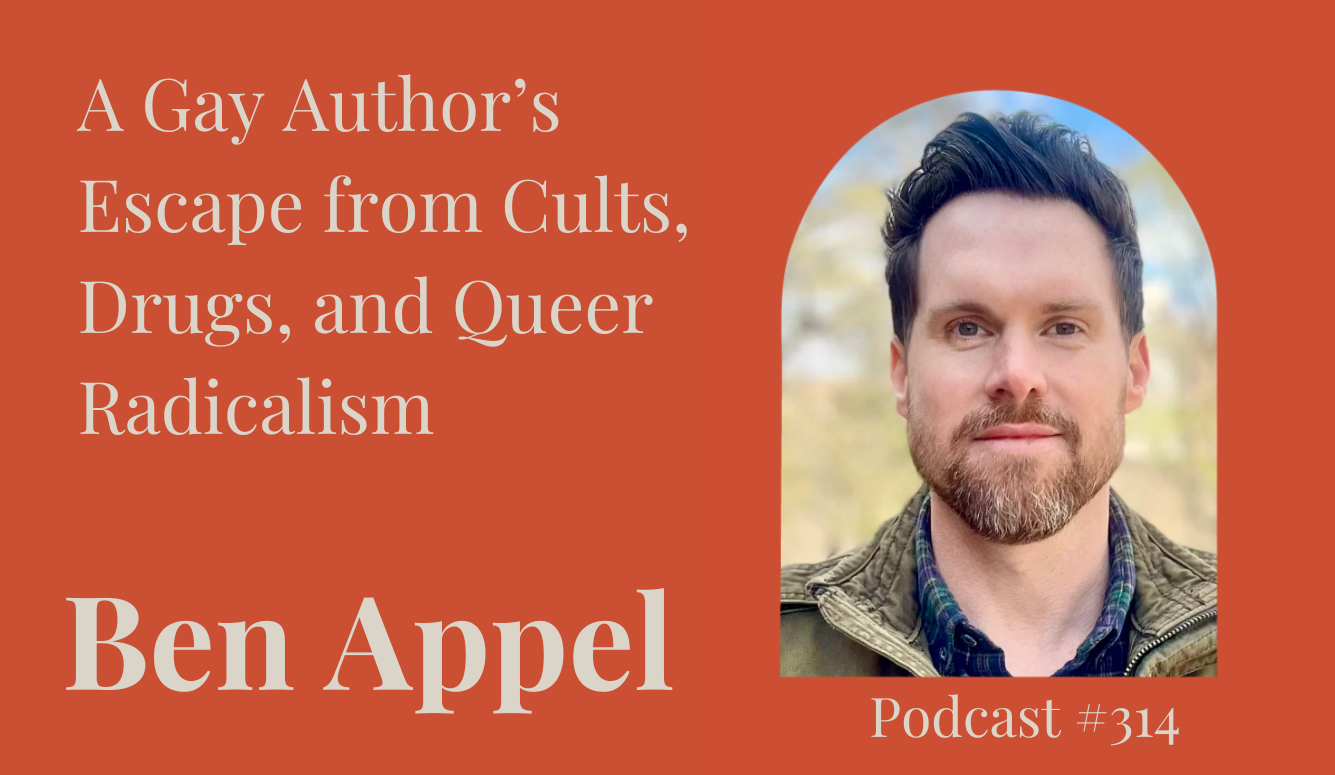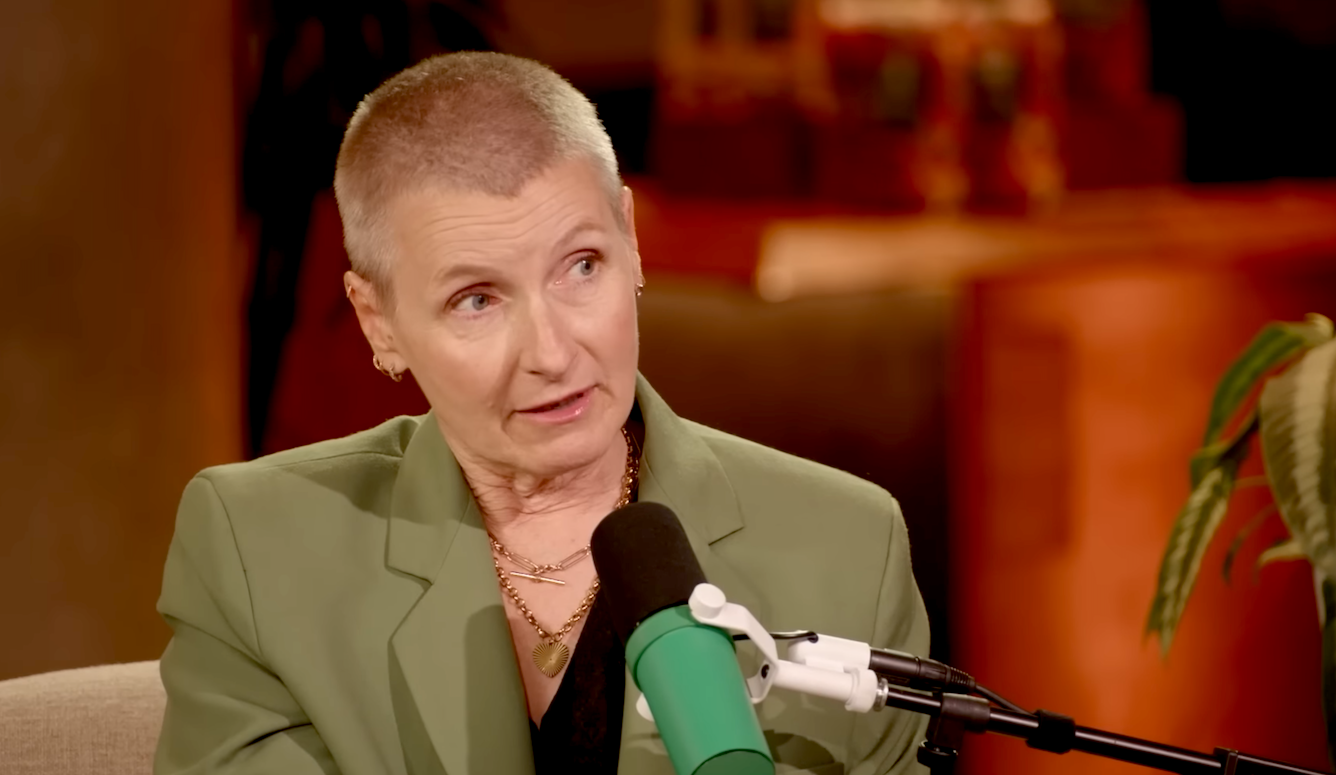Art and Culture
A Tale of Two Europes
After a reported 23 sexual assaults and four rapes, festival organizers decided to cancel next year’s event, citing that “Certain men… apparently cannot behave.”

The Bravalla Music Festival, held this year between June 28 and July 1, is Sweden’s largest annual music event. Or it used to be. After a reported 23 sexual assaults and four rapes, festival organizers decided to cancel next year’s event, citing that “Certain men… apparently cannot behave.” This is not the first year that Bravalla has served as a breeding ground of sexual assault—five women were raped last year as well. Indeed, ticket sales have been declining for years, mostly due to concerns over the attacks. Swedish Prime Minister Stefan Lofven chimed in, “This is so disgusting. These are obnoxious acts by deplorable men.”
In its place, Swedish comedian Emma Knyckare is planning to organize a “man-free” concert next year, until “all men have learned how to behave.” Indeed, a recently released statistic from the UN places Sweden as the second highest country in terms of rapes per capita, only behind a tiny country in southern Africa, Lesotho, that you’ve probably never heard of. It certainly appears that there is something amiss in the water that Swedish men are drinking.
The Globe and Mail offered their explanation—the Swedish rape crisis has little to do with actual rapes and more to do with their vast definition of rape. You see, “it’s not because Swedes—of any colour—are very criminal. It’s because they’re very feminist.” According to the G&M, the laws are so strict that a case in which a boss rubbing himself against a female employee, that would not be illegal in Germany would qualify as 52 cases of rape in Sweden. In conclusion, “The marked increase in rape cases during the 2000s is almost entirely a reflection of Sweden’s deep public interest in sexual equality and the rights of women, not of attacks by newcomers.”
This explanation seems plausible until one learns that other public spaces, in other European countries, have experienced the same fate and are also moving towards segregated spaces based on gender. Germany is now creating women only carriages, to be situated directly behind the conductor, for added safety. According to UK’s Daily Mail, these carriages are a reaction to a spate of sexual assaults from newly arrived migrants, in particular the New Year’s Eve Cologne attacks in which 2000 men ganged up on and assaulted 1200 women.

German officials in Munich began distributing leaflets of cartoons instructing men to refrain from groping women in their 18 public pools after it came to their attention that “the ground rule of respect for women… is unfortunately not respected by all our swimmers.” Back in Sweden, without the aid of cartoons, some Swedish women have formed ‘vigilante’ patrols at swimming pools in order to protect themselves. One woman said, “It cannot be right that women and families should be too intimidated to go to the swimming pool, of all places. It’s not a dark alley or scary nightclub.”
In the UK, more than 25 music festivals turned off their websites for a day to protest sexual assaults in the region; this after two women were raped at the 2016 Reading Festival. Even more vile, in 2014, it came to light that over 1,400 children had been sexually abused in Rotherham by a gang of “Asian” men and this information was known and kept secret by the police in order, ostensibly, to avoid seeming racist.
This subterfuge is perhaps most relevant in understanding the current situation. All of the reports cited, except for a few, notably the articles on German carriages and Swedish pool vigilantes, make no mention at all of the identities of these men. According to Bravalla officials, the culprits are “certain men.” For PM Lovfen, the men are simply characterized as “deplorable.” Munich officials believe the difficulty requiring cartoon explanations and gender segregation is created by “not all swimmers.” And according to the BBC, the Rotherham assaults were masterminded simply by “Asians” (whether Koreans or Thai or another group was unclear).
This piece, however, isn’t specifically about Muslim migrants or why they are more likely to commit these crimes. The reasons are probably over-determined, and have much more to do with culture and lack of education than something more fixed, such as race. Rather, what is most interesting to ponder here is why the European media appears so hell-bent on obfuscating details and not disclosing essential facts that may certainly be of public interest. On one hand, one may make the argument that the media is trying to protect vulnerable populations of migrants from intensifying rage and retribution from the locals. That may certainly be part of the mix.
But, in light of the recent news of Trump’s visit to Poland, I am reminded of the polarizing position that Eastern European countries such as Poland, the Czech Republic and Hungary have taken in defying the EU’s demands to take in refugees. And when we take a look at the deeper, underlying reasons for these countries’ decisions and contrast them to the motivations and beliefs of the West, themes and entire belief systems based on diverging historical lived experiences start to emerge. Reasons that defy simple explanations based merely on protecting those perceived to be vulnerable.

During his speech in front of an estimated 15,000 individuals in Warsaw, Trump repeatedly invoked themes of “values” and protecting “Western Civilization,” prompting one American journalist to describe it as an “alt-right manifesto.” According to ABC, however, “In Poland, many people hold Trump in genuine admiration for the way he seeks to preserve national traditions and close off borders out of fear of Islamic extremism.” And it is true that in most of Western Europe and much of the United States and Canada, Trump’s rhetoric is easily viewed as “alt-right” extremism, while in Poland, and presumably the Czech Republic, Hungary and the other former Eastern Bloc nations, Trump’s words are reassuring reminders of security, safety, and self-preservation. I think it this dichotomy that is central in understanding the fate and trajectory of Europe. Indeed, attempting to understand these competing views leads to the central question of this essay: How is it possible for large groups of people, even entire nations, to view the same events in such drastically different ways?
What is it that separates Western and Eastern Europe into two different universes and world-views? One can try to summarily dismiss the entire former Eastern Bloc as racist, but does that really describe the complete picture? I think all of the usual superficial and one-dimensional labels that are typically hurled onto combative anonymous online avatars on Twitter fall flat here. Clearly, the West and East have very different ideologies, one prioritizing the protection of immigrants, the other prioritizing the protection of natives, but the roots of these belief systems go way beyond geography.

Indeed, the most striking differences between the two halves of Europe are in its diverging histories. While Western Europe, aside from a few countries and a few years during the Nazi era, has never known occupation, Eastern Europe for generations has found itself under the thumb of both far right and far left authoritarians, first the Nazis, and then the Soviets. Although the Nazis created forced labor camps in different countries, including Germany itself and the Netherlands, its annihilation camps, the “killing centers” were based in Poland, including Auschwitz, Chelmno, and Treblinka. The French may have surrendered to the Nazis and just let them march in, but they were not the home of the atrocities. Additionally, seemingly neutral countries such as Sweden helped the Nazis by allowing them to use their railways to transfer materials and Jews to death camps. This fact is not insignificant in understanding the Swedish psyche, as in 2000 Swedish PM Goran Persson proclaimed that, “moral and political responsibility for what Swedish officials did – or failed to do – during the war years is something that we will always be forced to carry with us”.
The picture that comes into focus is one in which Western Europe, in the last hundred or so years, for the most part, except for one bleak era, has never truly known oppression, except perhaps as the initiators or collaborators of the oppression of others. This dark heritage still permeates much of modern Germany, as it has moved to ban anything reminiscent of its Nazi past. It is not coincidental then, that German politicians have celebrated the influx of new people from foreign lands, not just as a form of humanitarianism, but as a reduction of sinister, guilty elements within Germans themselves. As an example, Green Party politician Stefanie von Berg recently stated in an official meeting, “Our society will change. Our city will change radically. I hold that in 20, 30 years there will no longer be (German) majorities in our city… and that’s a good thing.” Gregor Gysi of the German Die Linke party stated on television that, “Because of our history between 1933-1945, we are obliged to treat refugees properly… and oh by the way, every year more native Germans die than there are born, that is very fortunate, it’s because the Nazis are not very good at having offspring.” These quotes serve as illustrations of the mindset informing current Western European sentiment on mass migration: One part humanitarianism, two parts self-immolating guilt.

The story in Poland and the rest of Eastern Europe is far different. Poland was occupied by the Soviet Union during WWII, part of a pact by the Soviets and the Nazis to split Poland in half. Hungary, Czechoslovakia and the rest of the East were taken over by the Soviets in 1944, as the Nazi forces were driven back. These countries stayed under the heavy-handed Soviet regime until the collapse of the USSR, with numerous insurrections such as the Hungarian Revolution of 1956 and the Prague Spring of 1968, failing to oust authoritarian rule. A more complete history is beyond the scope of this essay, but suffice it to say, millions of individuals in these countries perished during these two eras, suffering one atrocity after another. According to one estimate, the Nazis were responsible for 12 million deaths and Stalin for 9 million. Most of these occurred in Eastern Europe.
So is it any wonder then, that while Western Europeans experience themselves as guilt-ridden, exploitative, and drawn out of necessity to humanitarianism and self-sacrifice, Eastern Europeans remain cynical, cautious, hypervigilant, and immensely self-protective? While Western Europe perceives the acceptance and protection of refugees at all costs as atonement for the past, Eastern Europe perceives the refugees as just another foreign ideology seeking to overrun and enslave them. Czech President Milos Zeman has gone so far as to call the migrant crisis an “organized invasion” and has called for Czech citizens to arm themselves to the teeth to fight terrorists. With such diverging histories and drastically different belief systems, it may be fair to question the right of the EU to dictate how Eastern European countries choose to run their affairs.
I will conclude this essay with a few poignant cases that illustrate the moral dilemma currently faced by the West. A few years ago, Norwegian politician Karsten Nordal Hauken was raped by a Somali migrant while in his home; the asylum seeker was sentenced eventually to 4.5 years in prison. Upon learning that the Somali would be deported, Hauken felt some relief, but also disclosed that he was tortured by intense feelings of guilt and responsibility, blaming himself for the migrant’s “dark uncertain future in Somalia.”
Norwegian man raped by migrant feels says he feels 'guilty' his attacker was deported https://t.co/VEgzUkj1PJ
— The Independent (@Independent) April 8, 2016
German politician Selin Goren experienced something similar. After she was raped by a gang of three migrants, she purposely hid the identities of her assailants, claiming instead that they were Germans. Only after her friend insisted did she finally come clean to the authorities 12 hours later. To help her deal with her guilt at exposing the identity of the culprits, she penned the following letter: “I’m going to scream… I will not stand by and watch and let it happen that racists and concerned citizens name you as the problem. You’re not the problem. You’re usually a wonderful human being who deserves as much as any other to be safe and free.”
In the end, some truths are subjective, they exist entirely in the eye of the beholder. Which is why Polish PM Beata Szydlo can believe that Poland is for the Poles, while former Swedish PM Fredrik Reinfeldt can famously announce that “Sweden belongs to the immigrants, not the Swedes.” But in the tale of the two Europes, one truth emerges clearer than all the others—maintaining naiveté may perhaps be the greatest privilege of all.






